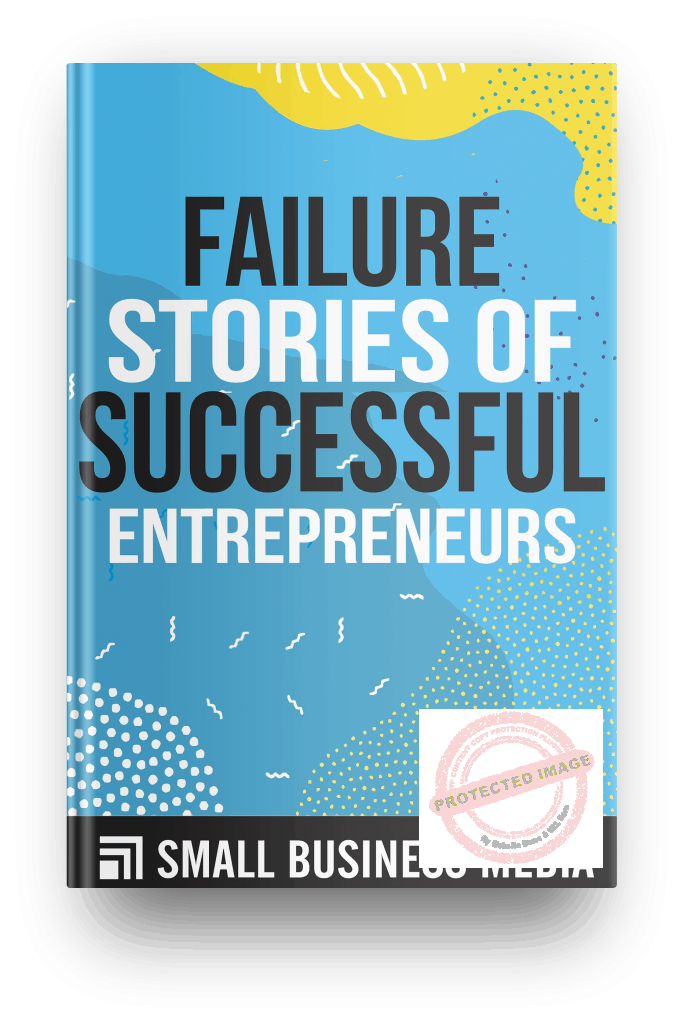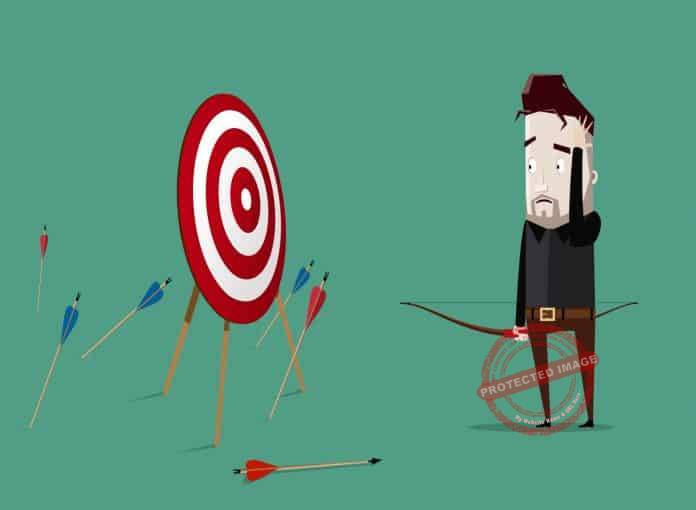Do you know that it is possible to come back from failure? The failure stories of successful entrepreneurs both past and present prove this.
In history, there are stories of famous entrepreneurs who had a number of failures in business before roaring back to become hugely successful people.
These failure stories of successful entrepreneurs are inspirational for us.
Especially, since they show us that it is indeed possible to come back from failure.
They also provide us with many valuable lessons that we can apply to our own businesses, as well as our lives.
Unfortunately, the risk of failure is unavoidable in business startups.
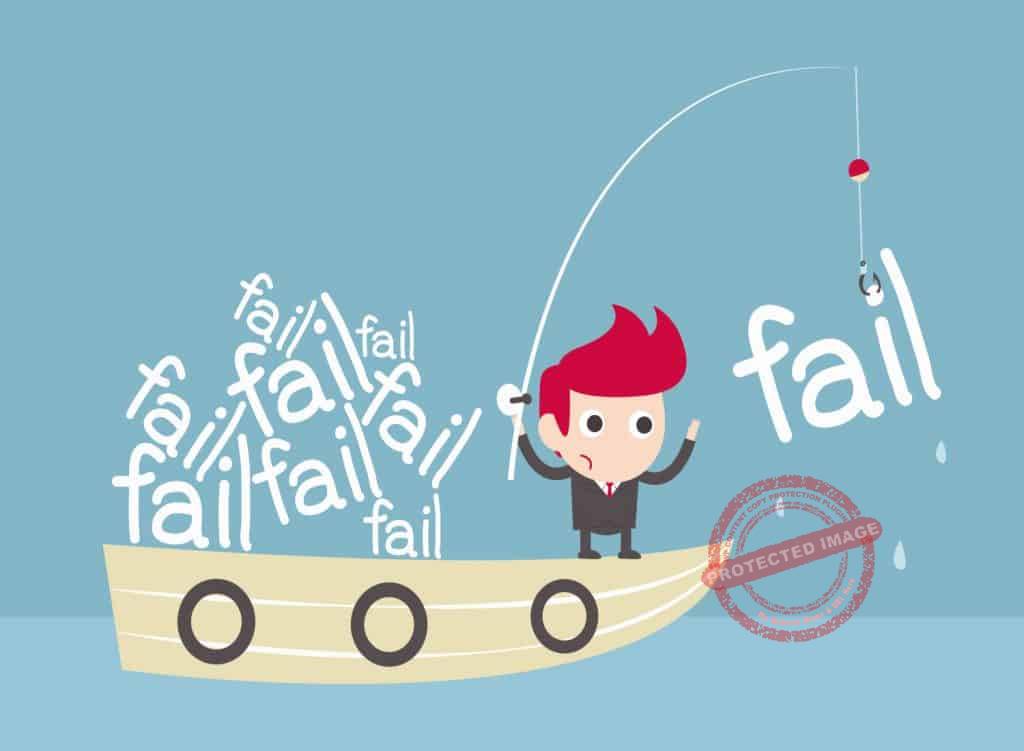
Studies showed that one-third of startups fail within two years, and fifty percent of them are gone within five.
Fifteen years after opening, only twenty-five percent are still around.
However, a study that some economists from the University of Michigan and Stanford conducted, shows that persistence is a virtue that entrepreneurs should cultivate.
Their research found that entrepreneurs who failed were more likely to be successful in their subsequent ventures, as long as they tried again.
Entrepreneurs Who Pulled Success From Failure
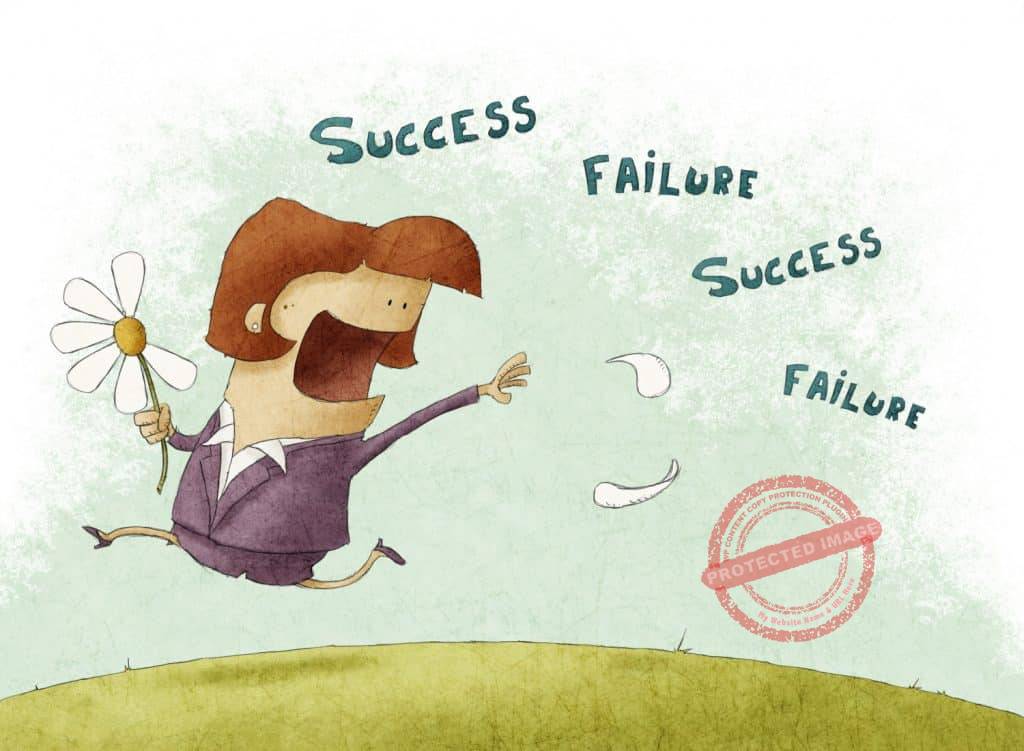
Nicholas Woodman is one of those successful entrepreneurs whose failure story we can learn from as he overcame failure to achieve massive success.
Although mostly famous these days as the founder of GoPro, he actually had two failed startups before he started the digital camcorder company.
His second startup was a marketing and gaming platform he started in 1999 called Funbug.
It attracted $3.9 million in funding but had closed down by April 2001 since it was unable to find enough users.
Woodman developed GoPro out of a desire to create a wearable camera that would allow him to take photos of himself while surfing.
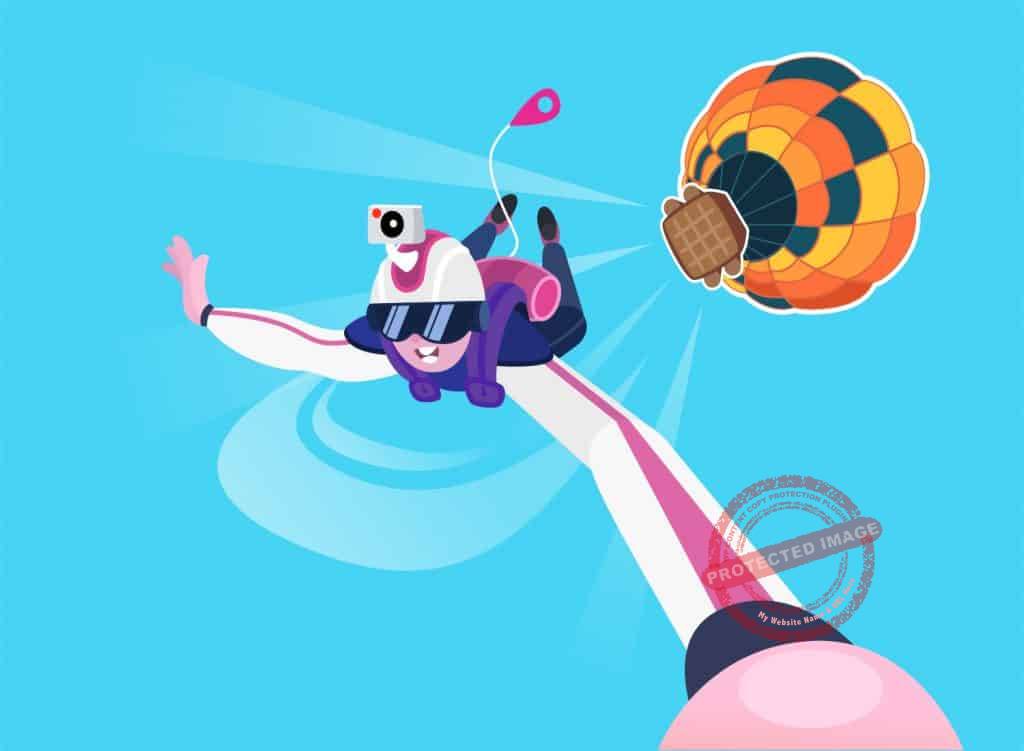
He worked eighteen-hour days to develop his prototype and eventually unveiled his first GoPro in September 2004.
He attributed his success to his belief that you are your own worst enemy or greatest supporter.
Nobody can hurt or help you as much as you can.
He also pointed out that hustling and going after what you want is the best way to overcome fear.
His story is a reminder that Success can also come from failure.

Before he became the successful co-founder of Twitter and Blogger, Evan Williams had two projects that had failed.
Odeo was a podcasting platform that he co-founded with Noah Glass.
Unfortunately, it failed, in part due to competition from Apple’s iTunes.
Previous to this, he had co-founded Prya Labs to make project management software.
Fortunately, both failed ventures had side projects that eventually became huge successes.
Blogger was originally a note-taking feature of the Pyra software.
Twitter was a project of Obvious Corporation, which was the company that he co-founded with other ex-employees of Odeo to acquire properties from its backers.
Big Brands Built On Failure

Some of the world’s most famous and successful brands were built by entrepreneurs with failure stories of their own.
These entrepreneurs had to suffer through failed business ideas and unsuccessful ventures before they found their greatest success.
Milton Hershey started his own candy shop at the age of eighteen after completing an apprenticeship with a master confectioner.
He closed shop after five years and then worked for a confectioner, who introduced him to the art of making caramel using fresh milk.
Hershey then started two more businesses in New York and Chicago.
These also failed but he remained convinced he could be successful.
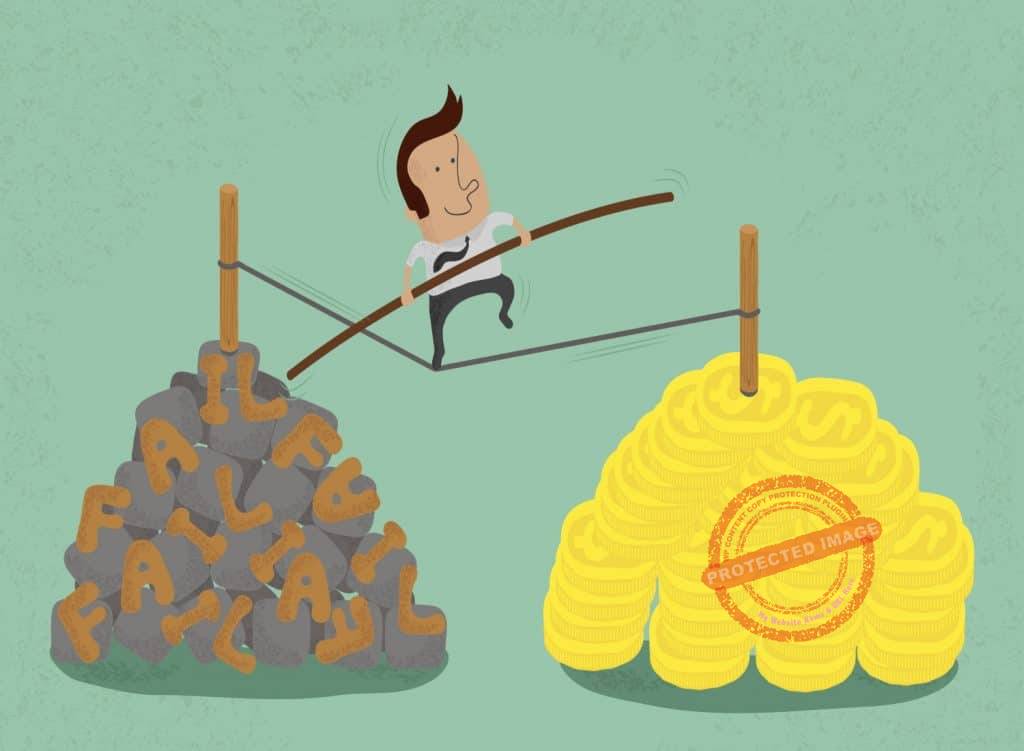
In 1883 he founded the Lancaster Caramel Company and this time, he succeeded.
As this venture boomed, Hershey became interested in chocolate-making.
He founded the Hershey Chocolate Company and focused his attention on making milk chocolate.
At the time, people considered milk chocolate a delicacy, but Hershey was determined to find a way to mass-produce it.
He opened a modern candy-making facility in 1905 and it was a success beyond his wildest dreams.
The story of Colonel Harland Sanders shows that even older entrepreneurs can be successful business owners.
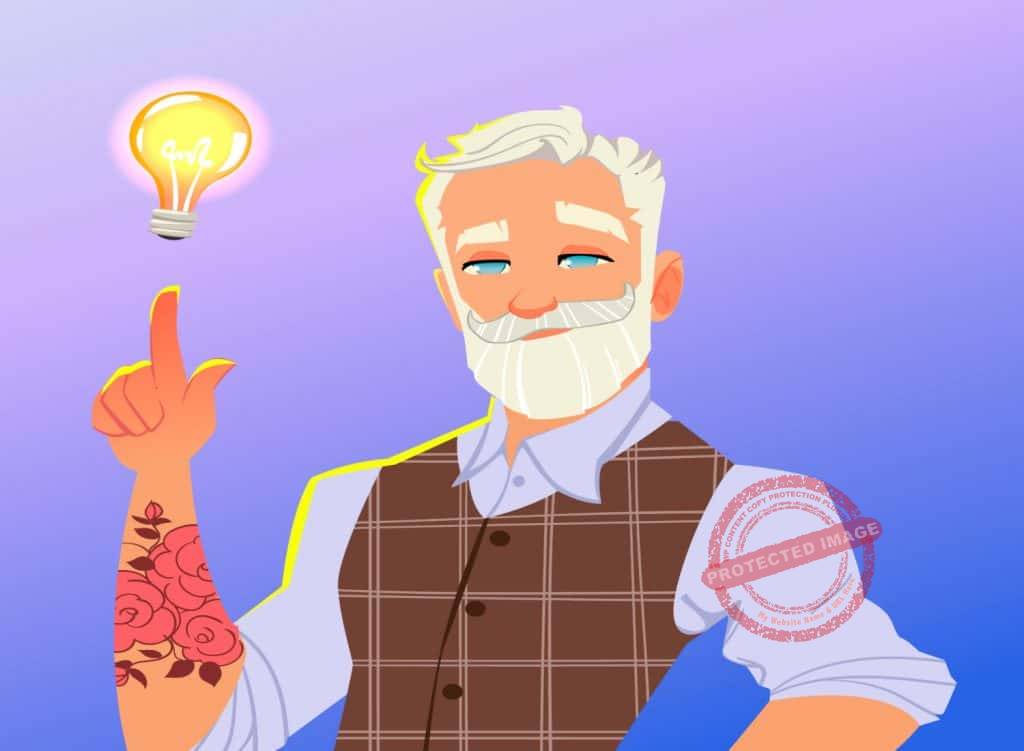
At the age of 65 and having a number of failed ventures behind him, Col. Sanders found himself left with only his savings and a monthly Social Security pension of just $105.
So in 1959, he decided to franchise his secret recipe for fried chicken.
He went on the road to offer it to restaurants in the area, but with little success.
In fact, he said he had been turned down more than a thousand times.
However, his persistence paid off and by 1964 he had more than 600 franchises.
He found the rapid expansion of his business overwhelming and in that same year, he sold it to a group of Kentucky businessmen.
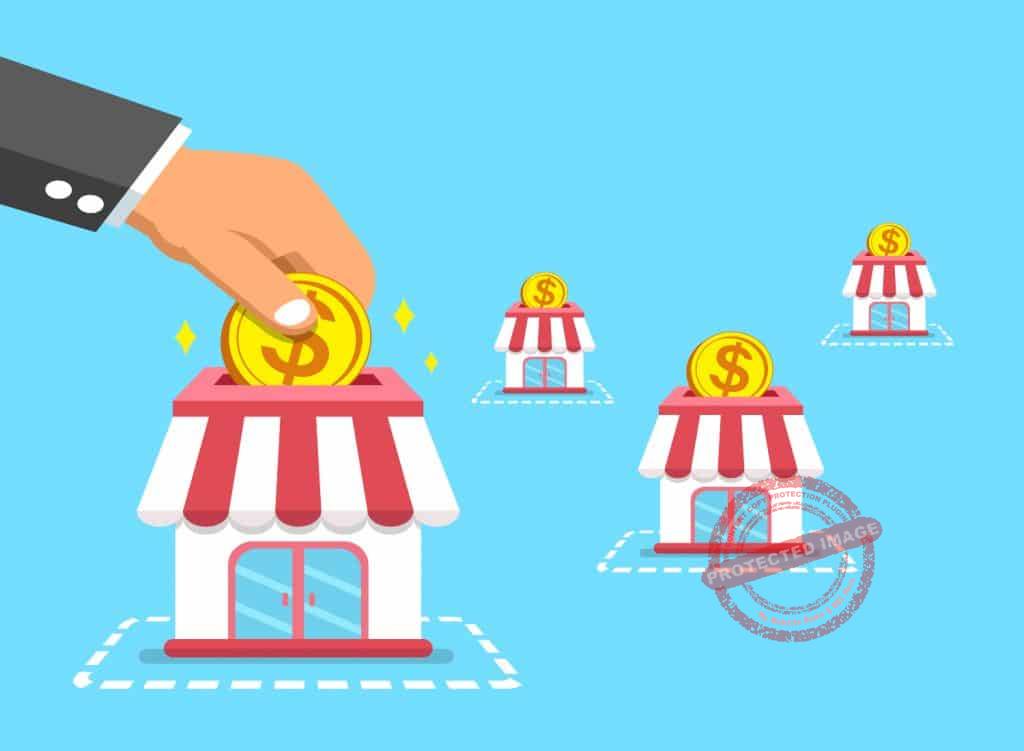
But he remained the symbol of Kentucky Fried Chicken and, even in his seventies, continued to travel and film TV appearances to promote the company.
Col. Sanders was later quoted as saying that “every failure is a stepping-stone that could lead to something better.”
These days, James Dyson is best known as the inventor of the Dual Cyclone bagless vacuum cleaner, which he introduced in stores in 1993.
However, Dyson had to come up with more than 5,100 prototypes.
He worked on them over a five-year period, before he was able to develop his first bagless model, the G Force, in 1983.
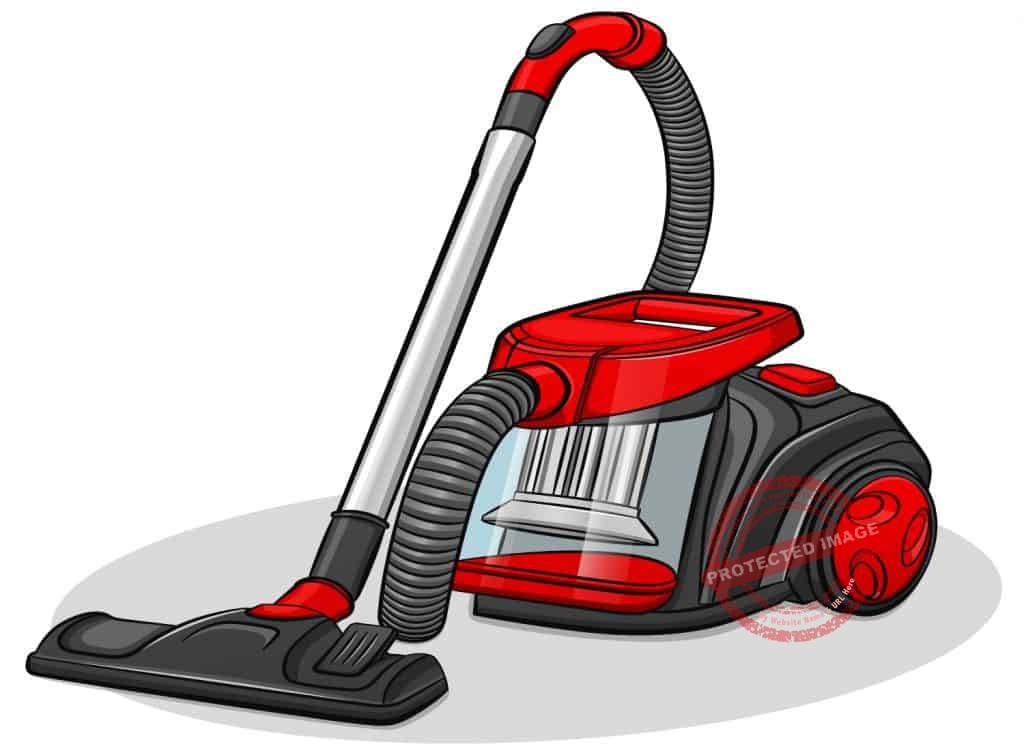
However, manufacturers rejected the G Force, as it would have disrupted the market for replacement vacuum bags.
So Dyson initially sold the vacuum in Japan, where it achieved great success and even won the country’s International Design Fair Prize in 1991.
The money he earned from his Japanese sales allowed him to set up a factory and research facility in England.
The Dual Cyclone became his breakthrough in the UK market, becoming the fastest-selling vacuum manufactured in the country.
In interviews, Dyson upheld the value of the failures he had to go through before he achieved success.
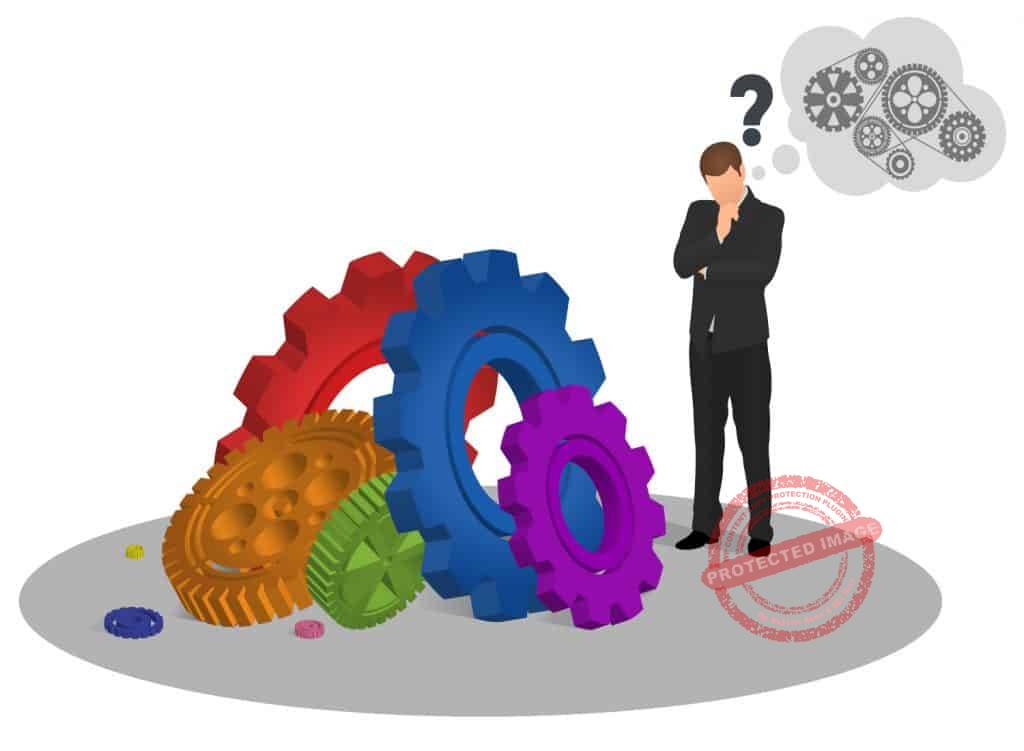
He pointed out that he had learned something from each of his failures.
And that these failures eventually led him to the ultimate solution that he sought.
This view of failure echoes that of Thomas Edison, who invented the first light bulb that was commercially viable.
He famously went through 10,000 prototypes before arriving at a model that worked.
Edison was later quoted as saying that he did not fail 10,000 times, rather that he had found 10,000 approaches that did not work.
He would only find the way that would work after eliminating all the ones that didn’t work.

Of course, not everyone who has experienced entrepreneurial failures shares this positive view of failure.
Peter Thiel, the co-founder of PayPal, had previously co-owned Clarium Capital, a hedge fund that the owners founded in 2002.
By 2010, Clarium had lost 90% of its assets, after three consecutive years of declines.
This eventually led to its downfall.
In an interview, he was quoted as saying he believed failure is “overrated” since it was difficult to learn something from it.
Often, he pointed out, businesses fail for multiple reasons, and their failure was ‘over-determined’.
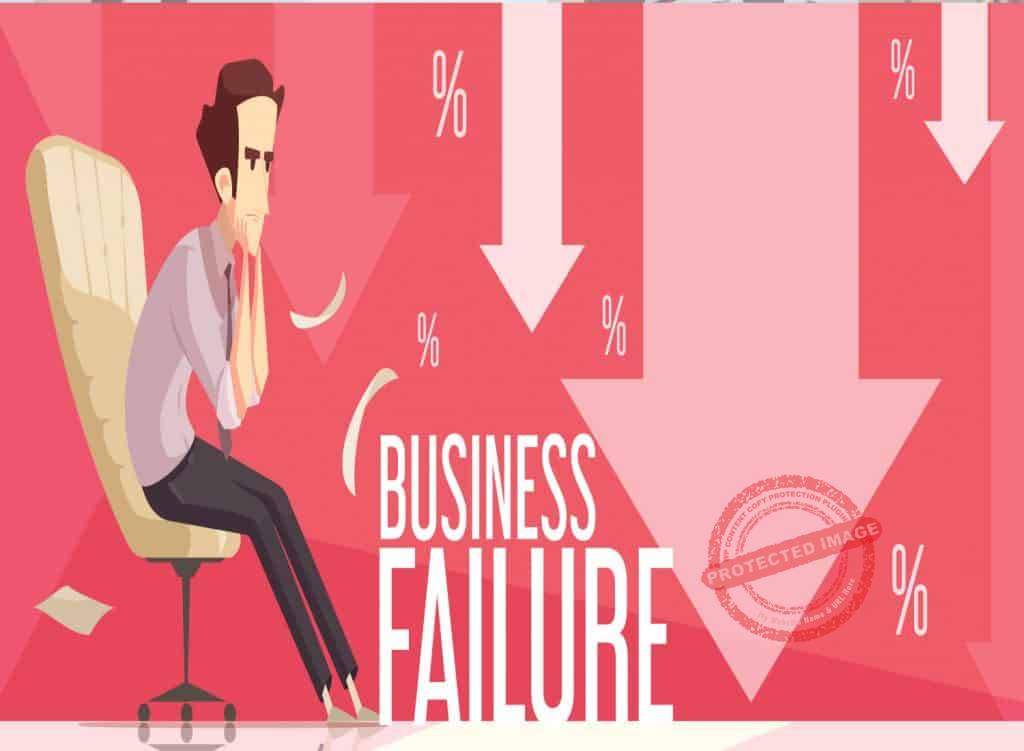
So, it became hard to identify which reason/s ultimately led to its failure.
He also pointed out that failure could lead entrepreneurs to lower their sights due to demoralization and the belief that it is impossible to build a great business.
Thiel added that although failure was inevitable, entrepreneurs should not let it hold them back and should continue believing that success is possible.
Failures Stories Of The World’s Richest And Successful Entrepreneurs
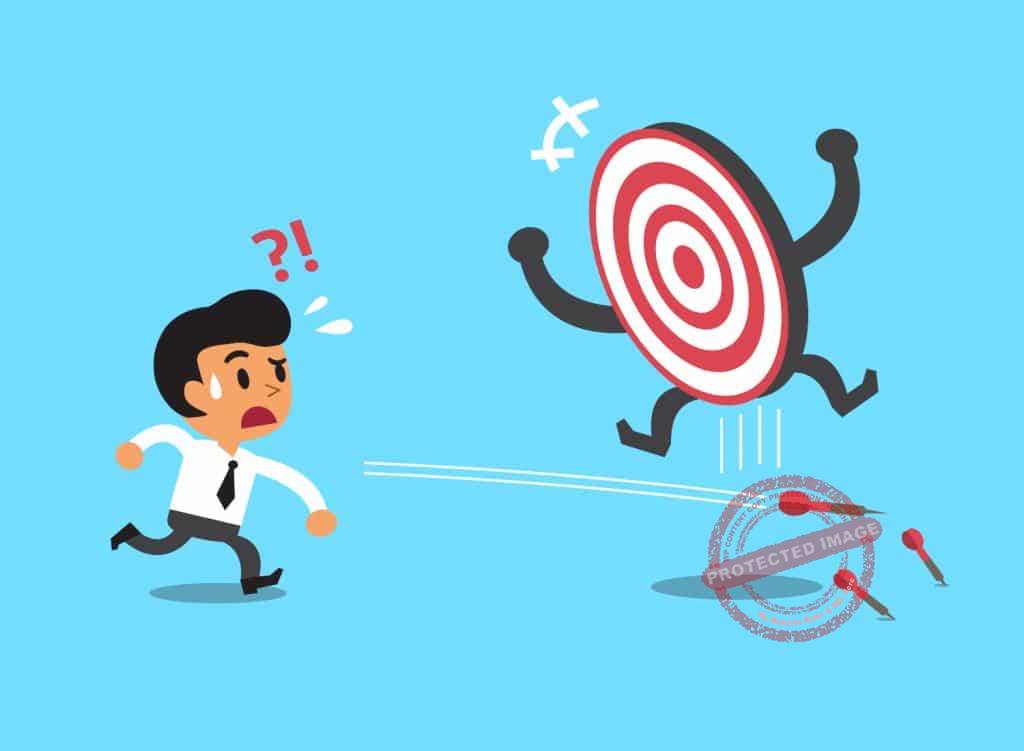
One of the most surprising stories of famous entrepreneurs who failed in business is that of Warren Buffet.
It seems impossible to believe that one of the richest men in the world had once failed.
But, there was a time when it seemed he had made one of the most serious mistakes in his investing career.
Berkshire Hathaway is today one of the biggest conglomerates in the world.
However, at the time Buffet bought it, it was just a lowly textile company that was starting to fail in the face of cheap overseas raw materials and labor.
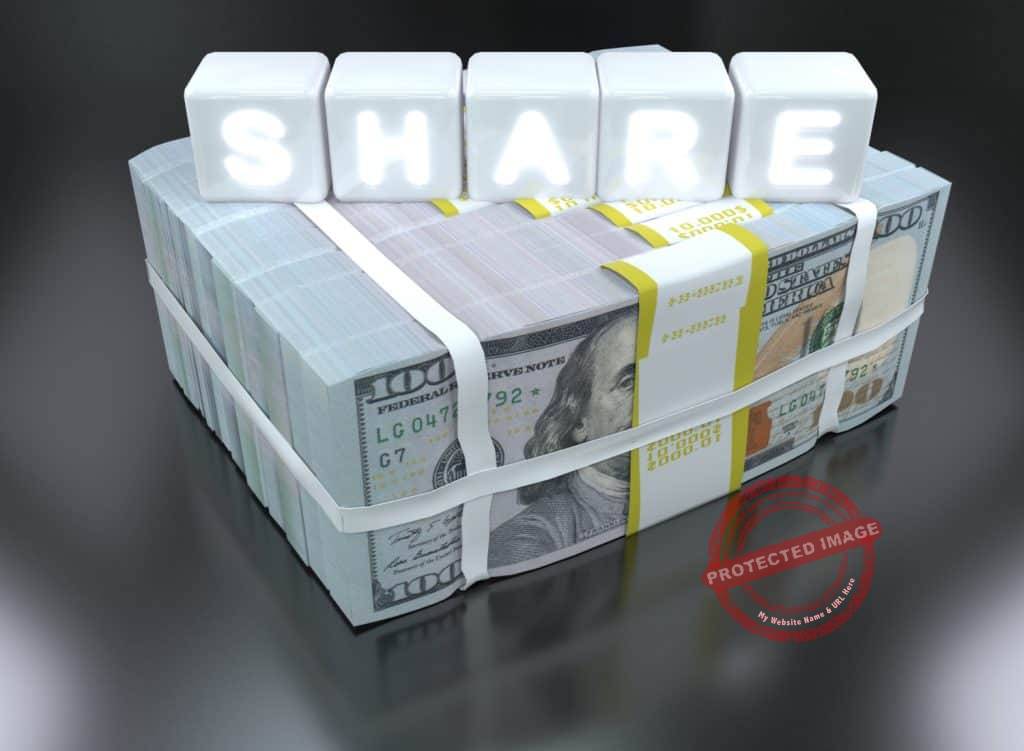
He initially started buying stock shares because he believed it the market undervalued it and he would be able to sell his shares back to the company when the price increased.
However, after an encounter with the company president Seabury Stanton, in which Stanton offered him a price for the stock that he believed was too low, he became angry.
As a result of his arrogance, he started buying more stock rather than renegotiating with Stanton.
After he poured money into the company and finally became the owner, he realized his mistake.
The company was on the verge of bankruptcy.
But instead of giving up on it, Buffet saved Berkshire Hathaway.

He did this by reimaging it as a holding company rather than a textile company.
He began acquiring companies from different industries.
Today, Berkshire Hathaway is one of the biggest holding companies in the world.
It owns shares from a wide range of diverse businesses.
This includes Coca-Cola, Goldman Sachs, and Apple, and Buffet has an estimated net worth of $84.2 billion.
Jeff Bezos also experienced many entrepreneurial failures during the early years of Amazon.
He later estimated that these bad choices cost him hundreds of millions of dollars.
One of Bezos’ failed business ideas was to branch out into selling toys.
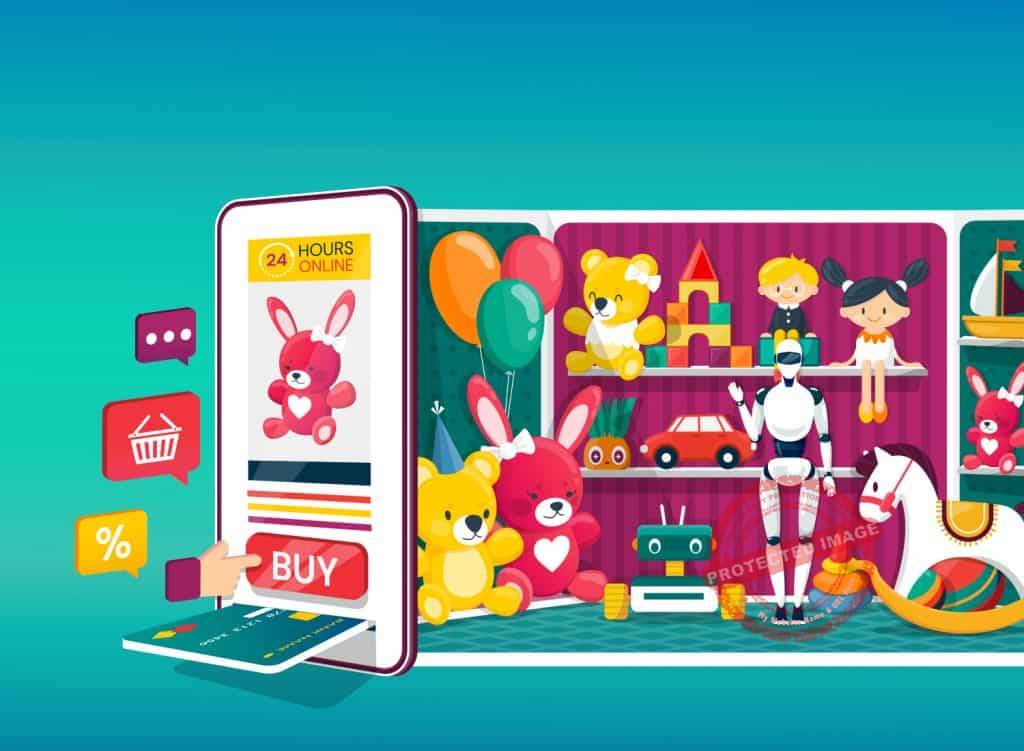
In 1998 the online retailer had already become a market leader in movies, books, and music.
But Bezos had ambitions to turn Amazon into an “everything store”.
The problem was that Amazon had to buy the toys themselves since there was no major distributor for them.
He eventually spent $120 million to buy these products despite every Amazon executive warning him against it.
Unfortunately, these toys failed to sell out, and after the holiday season, there were $50 million in toys wasting away in warehouses.
Since there was no guarantee they would ever sell, the company had to dispose of them to free up warehouse space.
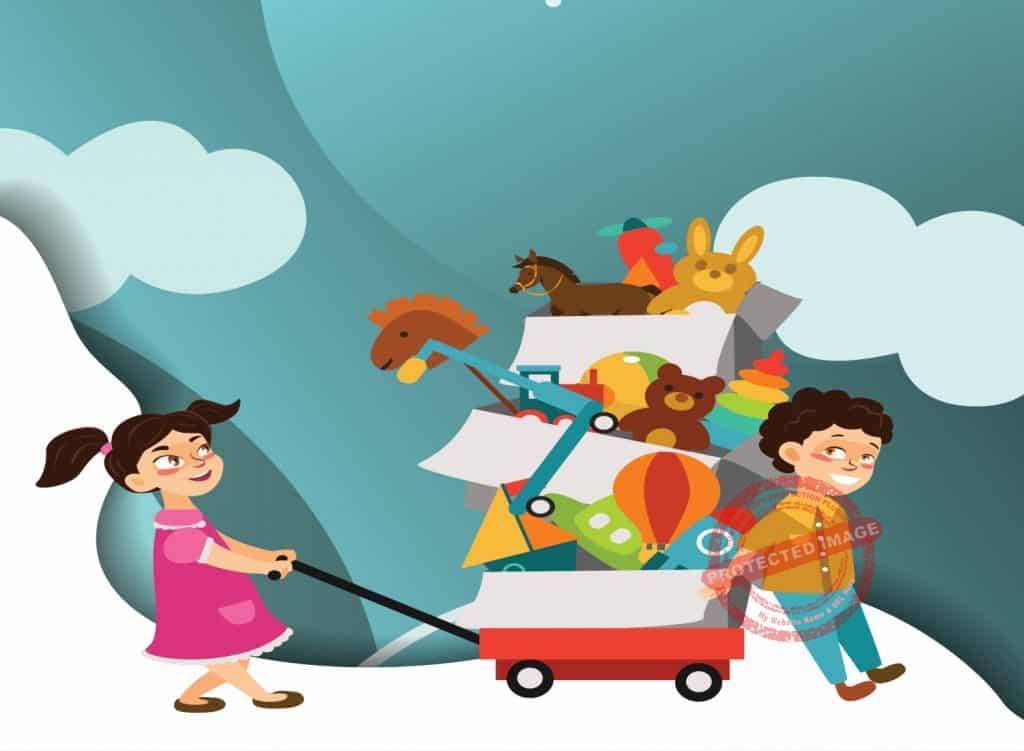
Amazon ended up donating toys to various charities and selling what he could to exporters at a fraction of their cost.
Amazon also tried to compete with eBay by launching Amazon Auctions in the same year.
He bought the payment company Accept.com for $175 million to facilitate transactions.
Unfortunately, it turned out that the new venture had no competitive advantages to compete with eBay, which had already established itself in the public consciousness.
There were many other companies that Bezos bought during this period in the hope of growing Amazon.
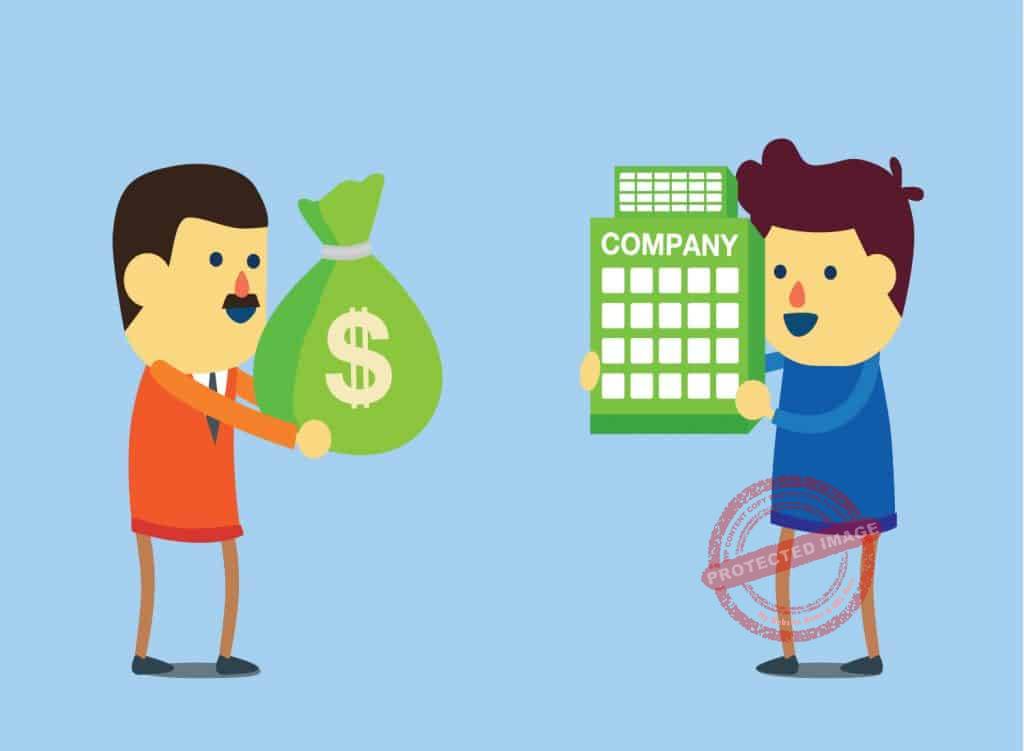
These included IMDB.com, a British and German bookstore, PlanetAll.com, a social networking site, and Alexa.com.
He also invested heavily in online retail startups such as HomeGrocery.com, Pets.com, and Drugstore.com.
All of these acquisitions proved to be failures and Bezos eventually racked up nearly one billion in losses.
But by the turn of the century, he had learned his lesson and refocused on Amazon’s basic rules of success.
Instead of making more acquisitions, he used his resources to increase customer satisfaction and strengthen the company’s core business.
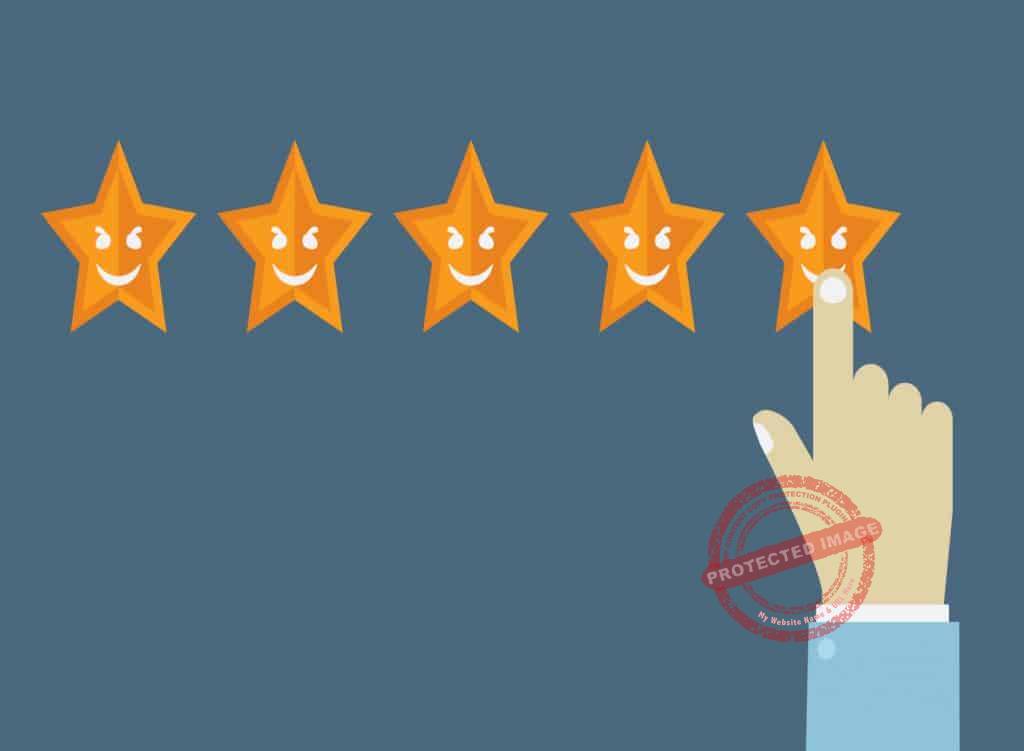
He partnered with companies such as Circuit City and Toys ‘R’ Us to sell their products rather than maintaining its own inventory.
Most notably, Amazon Auctions eventually progressed to zShops, which allowed sellers on Amazon to have their own online shop.
Although zShops was a failure, it eventually led to Amazon Marketplace, which was a roaring success.
The major takeaway from Bezos’ missteps is simple – don’t deviate from what makes you successful.
His acquisitions strategy ultimately failed because he chose companies that did not act or think like Amazon.
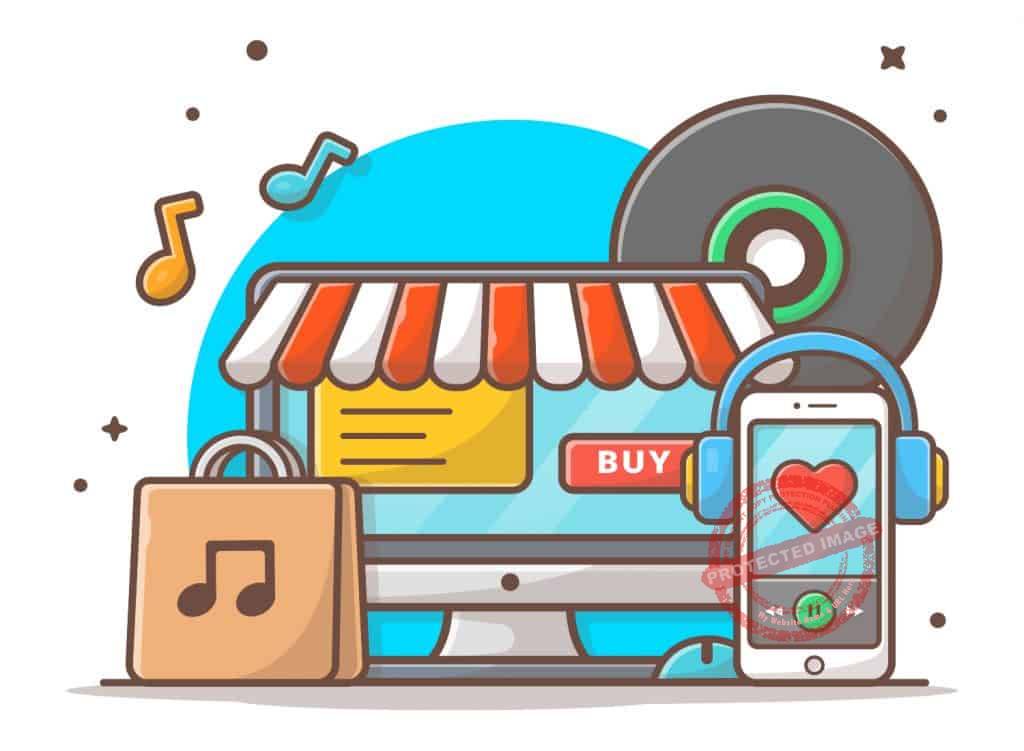
Richard Branson is another of the entrepreneurs who overcame failure to achieve massive success later on.
His first venture, Virgin Mail Order, sold records through the mail at prices lower than those in big record stores.
As a result, the company attracted swaths of customers.
However, his prices were so low he was unable to make a profit.
He was also heavily in debt.
As a result, he became tempted to start selling his records without paying the corresponding purchase tax to the UK.
He did this by selling records that he was officially supposed to export.
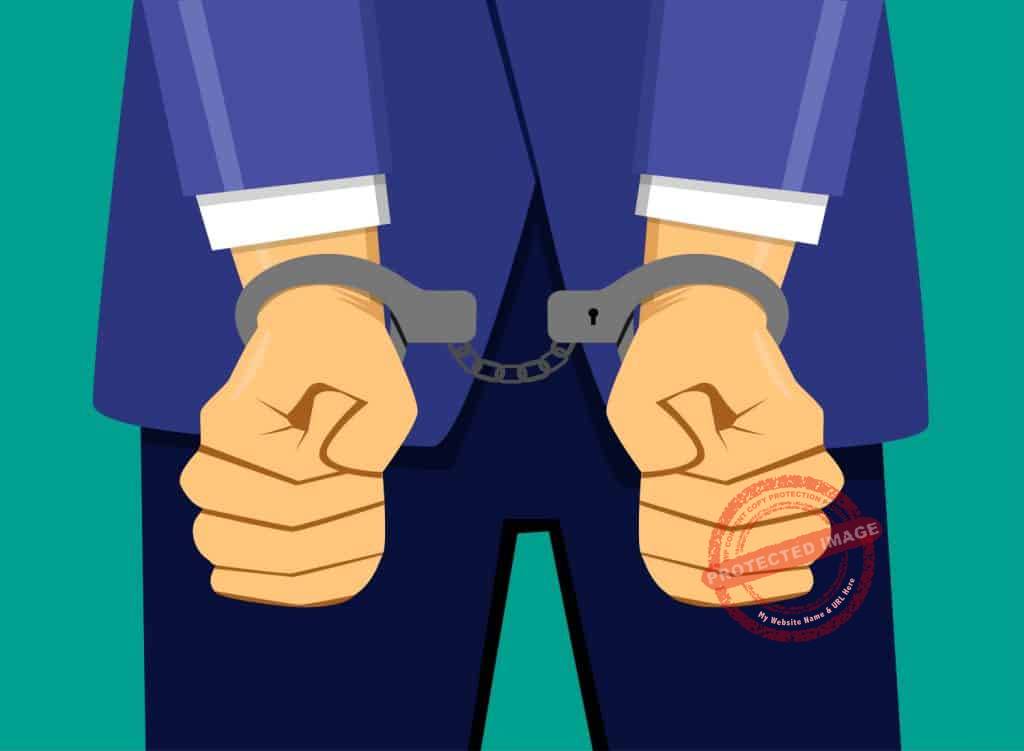
Of course, this caught up with him and the authorities eventually caught and jailed him.
He had to pay a huge fine to Customs, which was much larger than the profits he made from the illegal records.
His mother also had to put up her home to pay his bail.
As a result of this experience, the man who would eventually be called “the rebel billionaire” learned a valuable lesson.
He realized that he had to be a rebel, but only within the confines of the law.
He also had to challenge the usual norms and think outside the “business as usual” box.
Branson used this business model to great success.
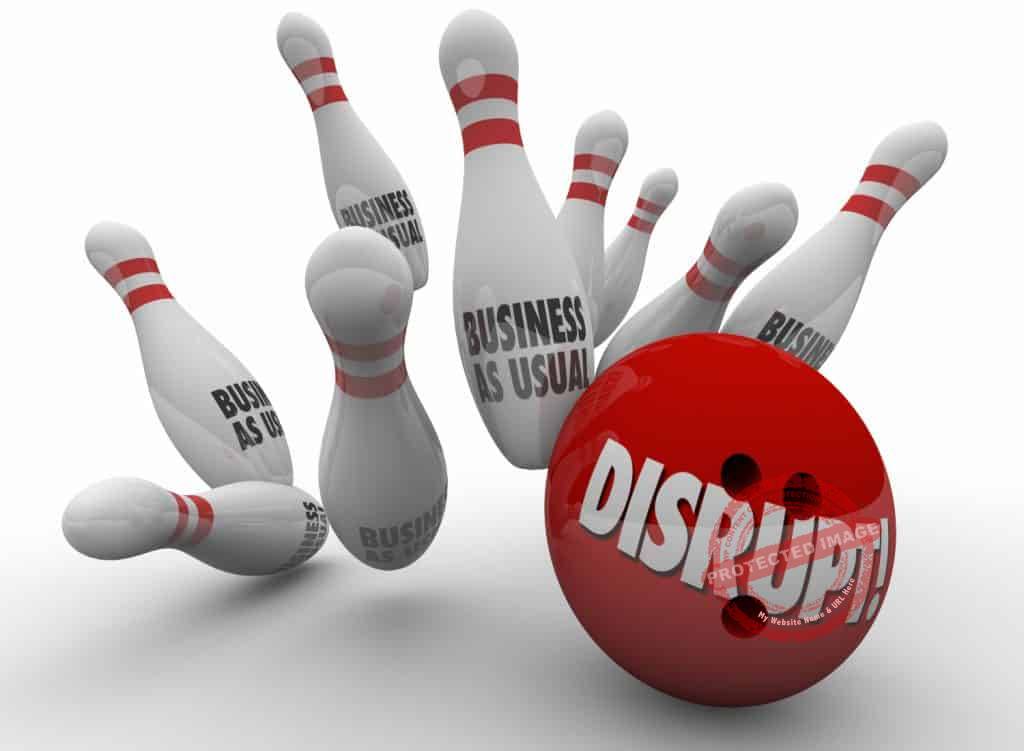
His airlines challenged the industry by making flying fun for the passengers.
He also went against the traditional model of a record store by creating “megastores”.
They were so huge that customers would get lost among the stacks of records.
He even went against the image of how a corporate CEO should act by performing crazy stunts.
Lessons From Failed Entrepreneurs
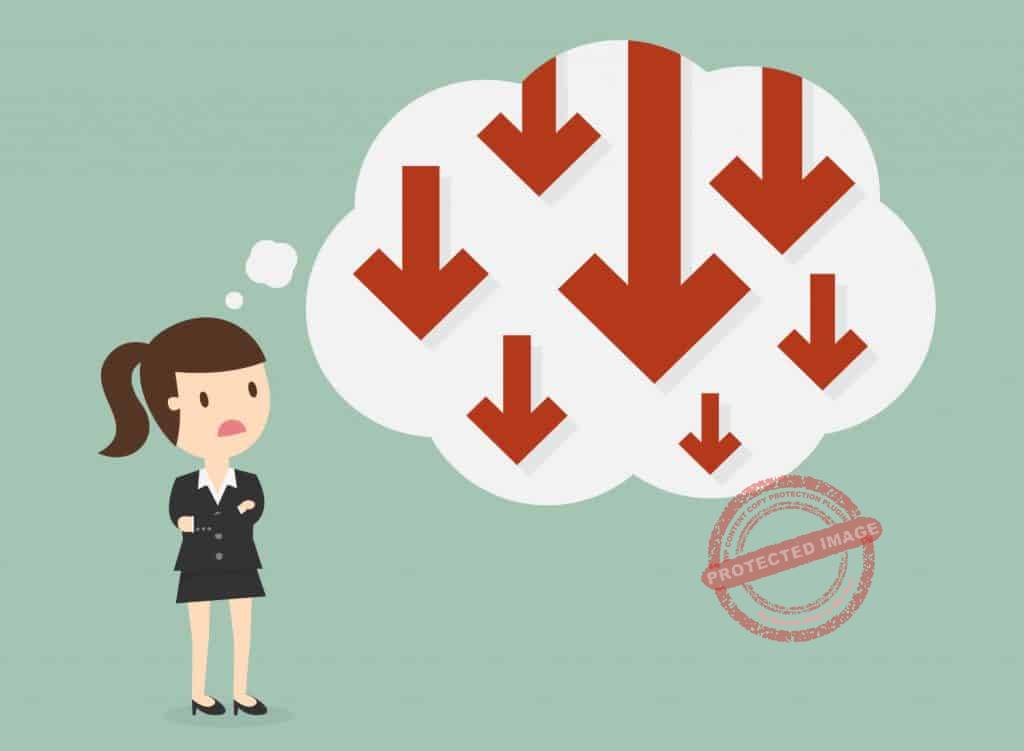
So, what are some of the important lessons we can take away from these stories of entrepreneurs who have experienced failure but still went on to great success?
The most basic lesson is, of course, to learn from your mistakes.
As Mark Zuckerberg points out, you will make lots of mistakes so you should not even bother trying to avoid them.
Instead, you should not let your mistakes discourage you but learn quickly from them.
Zuckerberg adds that most of the things that successful people do are wrong.
But what ultimately matters is what you get right.
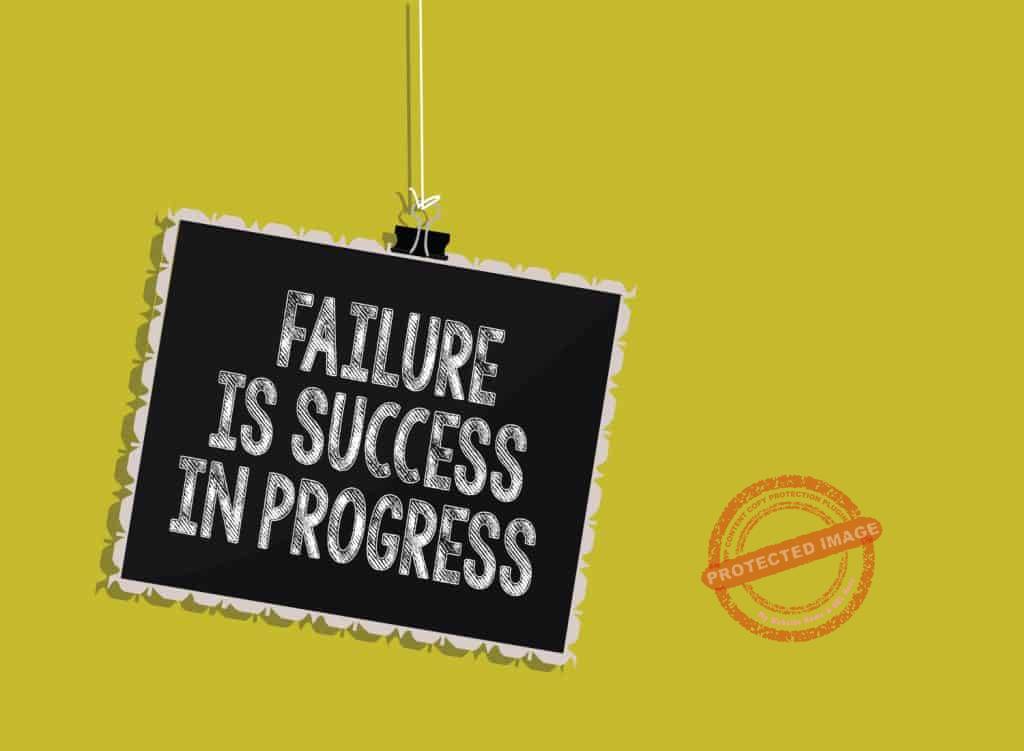
Another important lesson is that the progress you make is worth the failure that you will have to endure.
Elon Musk has admitted in interviews that he believed Tesla would fail, but that he thought it was important to try.
He said that even if Tesla failed, the company would at least have challenged the popular perception that an electric car was a glorified golf cart that would be slow and ugly.
Musk added that even if you will probably fail, you should still try if something is important enough.
Failure also brings with it new opportunities.
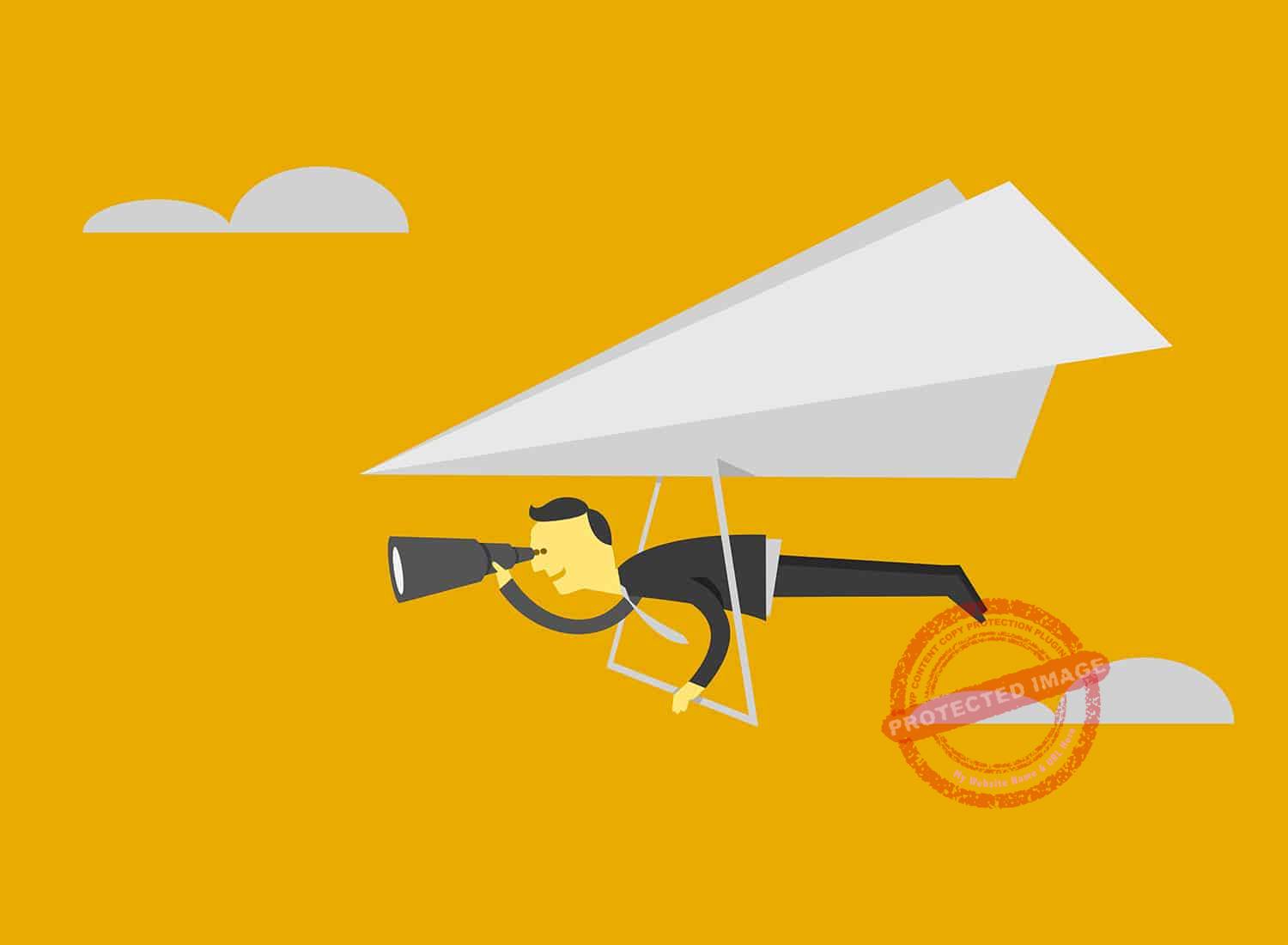
The best entrepreneurs understand that failure is a learning experience that allows them to grow and evolve.
So you should take the lessons you can learn from failure and use them to achieve greater success.
You should also never make excuses for your failure.
Instead, you have to own up and take responsibility for what happened.
That way, you can find ways to improve when you embark on your next venture.
If you feel anger over your failure, accept it and let it drive you to success.
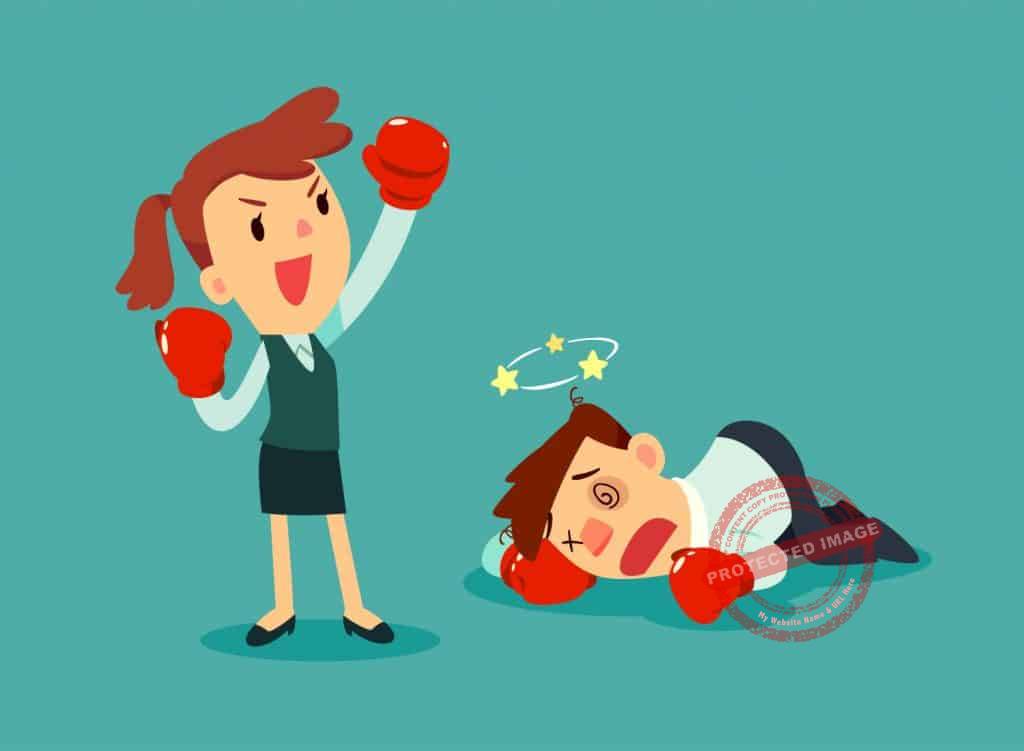
Use your anger as a motivator to prove people wrong so that you can overcome failure to become successful.
To sum up, every entrepreneur will experience failure at some time during his or her career.
It may happen when they are starting out.
Or they may suffer failure after enjoying some great success.
However, successful business owners learn from their failures.
They don’t let it defeat them.
They also accept the responsibility for the failure.
And then they try again.
What other lessons can you take away from the above failure stories of these successful entrepreneurs?
Click on Buy Now For a PDF Version of This Blog Post
 |
